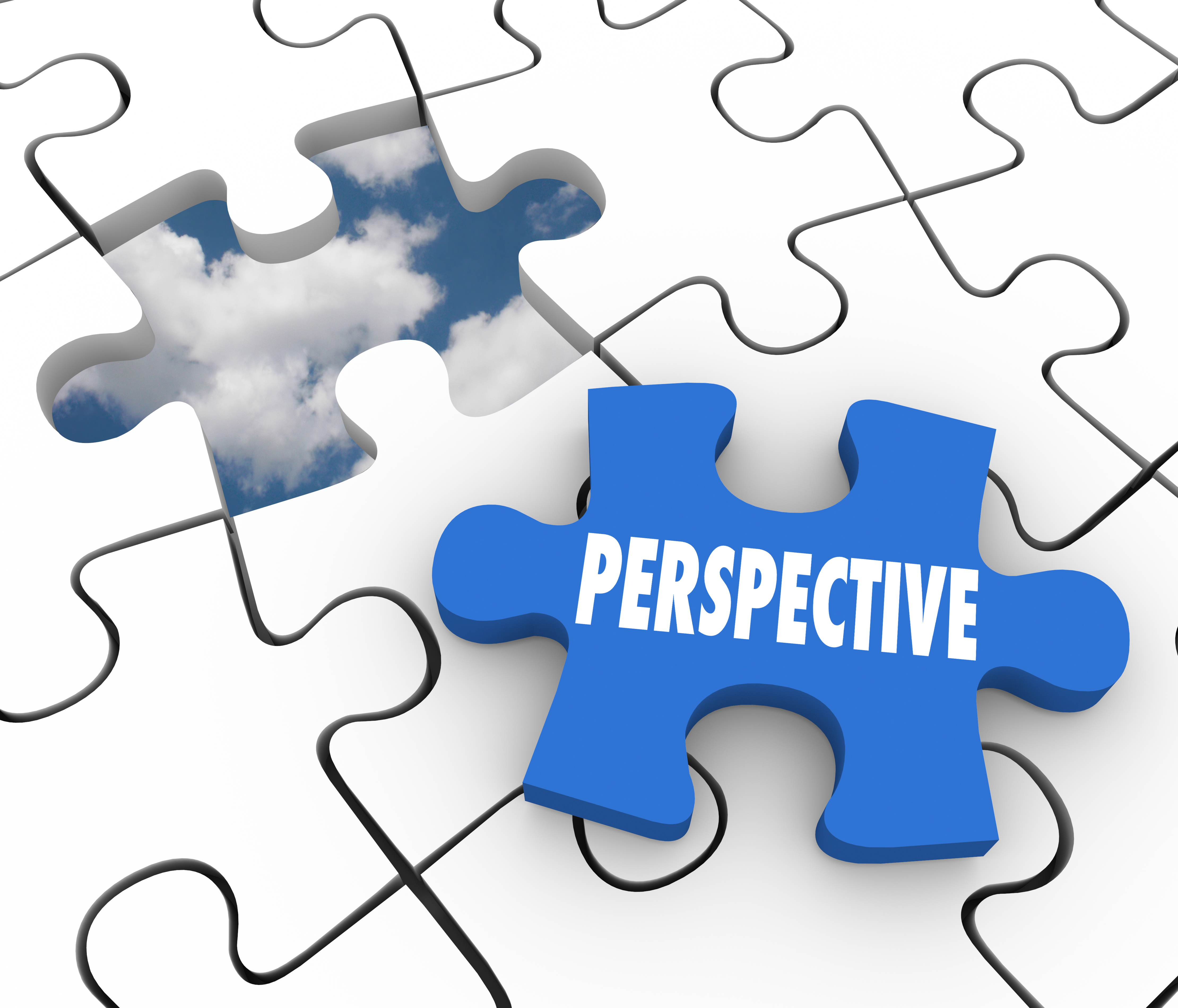“Issa’s statement says that his IP reforms have been ‘more fair’ for everyone, yet thousands of independent inventors and startups disagree and oppose him as the IP Subcommittee Chair.”
 US Inventor is publicly opposing the appointment of Representative Darrell Issa (R – CA) to Chair the IP Subcommittee due to Issa’s record of IP reforms that are harmful to independent inventors and startups. To accomplish these IP reforms, Issa squelches the voices of independent inventors and startups while amplifying the voices of Big Tech and Chinese Communist Party (CCP) controlled multinationals.
US Inventor is publicly opposing the appointment of Representative Darrell Issa (R – CA) to Chair the IP Subcommittee due to Issa’s record of IP reforms that are harmful to independent inventors and startups. To accomplish these IP reforms, Issa squelches the voices of independent inventors and startups while amplifying the voices of Big Tech and Chinese Communist Party (CCP) controlled multinationals.
Now, in a recent statement, Issa argues that his IP reforms have made the patent system more fair for everyone, even as the facts show he is completely wrong. Issa is unfit to be IP Subcommittee Chair.
Issa’s Own Statement Shows he is Unfit to be IP Subcommittee Chair
Issa’s recent statement to Politico shows clearly why he should not be the Chair of the IP Subcommittee. At the time of the statement, Issa was in Davos at the World Economic Forum, which boasts Big Tech partners like Alibaba, so his staff responded for him, saying:
“As long as there have been patents, there have been disputes about how to regulate them. Congressman Issa believes from decades of experience the system has too many loopholes that allow litigation and lawsuit abuse to stifle innovation. Every IP reform he has achieved is to make the system more fair for everyone”.
This article could end right here because the simple fact is that US Inventor and its 87,000 members are opposing Issa to Chair the IP Subcommittee, and that means that Issa’s IP reforms have not been “more fair to everyone.” Certainly, if they were, we would not be opposing him.
However, Issa’s statement displays a hopeless misunderstanding of patents in general and, more specifically, a discouraging misunderstanding of the merits of his own IP reforms, so more needs to be discussed.
Issa has been a driving force behind most of the IP reforms for the last 15 years. This includes many that are damaging to small patent holders, but the worst by far is the America Invents Act (AIA) of 2011, which created the Patent Trial and Appeal Board (PTAB), an administrative tribunal that invalidates 84% of the patents it fully adjudicates.
How can invalidating 84% of mainly small entity owned patents at the request of largely Big Tech and CCP multinational corporations be “more fair for everyone”?
The truth is that Issa’s IP reforms levied grave damage on independent inventors and startups and the United States’ innovation engine in general. They have enabled Big Tech to monopolize and caused early-stage investment in U.S. startups to flee to startups in China.
Issa obviously does not understand that his IP reforms are responsible for that damage, which makes him wholly unfit to chair the IP Subcommittee. If he is made Chair, he will continue the ruinous path that he has dragged us all down. It is time for a change in leadership.
Patents are Property Rights – Not Slip and Falls
Issa makes a fundamental mistake in equivocating patent cases to torts like slip-and-fall cases when he talks about regulating patents and loopholes that allow litigation and lawsuit abuse.
Investment into developing and commercializing an invention happens long before any damage from theft of that invention can occur. This is very different than a slip-and-fall case or some other tort, where nothing exists until the damage occurs.
A patent must be able to attract investment long before any damage from theft. So it must behave like a property right that can be collateralized to attract investment based on the promise of protection from infringement. That first investment starts up the startup.
In black letter law, patents have all the attributes of personal property rights. This ensures that a patent has its Constitutional construction as an “exclusive Right”, which is the very essence of a personal property right.
Like real property, investors can only value a patent if it acts as a barricade against theft. If it does not, anything they invest in commercializing the invention can be lost. But when laws support patent rights, potential infringers need to think twice before stealing the invention because they stand to lose all they invest in commercializing the stolen invention. In addition, investors can rely on a patent to enable the startup to get a toehold in the market strong enough that it can survive competition from huge corporations after patent protection expires for the invention. Not only do strong patent laws encourage people to invent, patent, invest, and commercialize inventions, but it also reduces the occurrence of litigation.
When it works as it did for the first 200 years of U.S. history, startups spring forth with new technologies and knock out lethargic competitors. Nobody can monopolize and no other country can compete with America in the development and commercialization of new technologies, which drives social mobility, economic growth, and national security.
Issa’s IP Reforms Created Litigation Loopholes
Issa’s IP reforms created numerous litigation loopholes that enable infringers to abuse the system. Today, if big corporations steal a patented invention, they keep it, and there is little that can be done about it. This is the reason that Big Tech has monopolized and early-stage funding has moved to China.
Of Issa’s most egregious IP reforms, the AIA created truly destructive litigation loopholes, including the PTAB.
The founders wisely studied history. The consolidation of power into the hands of a few led to corruption, and that corruption led to destruction. To thwart corruption, they put in place a separation of powers thus creating strong property rights protections. In our system of government, the executive branch has the sole power to issue a property right, and only the judicial branch can take it away.
Because the PTAB is a division of the USPTO, the USPTO Director has the sole power to both issue and take back patent rights. This eliminated the separation of powers for patent rights and is the very definition of a consolidation of power.
Patents are one of America’s most valuable property rights. They create industries, break up monopolies and much more. So, large industry players levy enormous political pressure on the USPTO to invalidate duly issued patents so they can keep their place in the market and monopolize.
It is no wonder that the PTAB invalidates 84% of the patents it fully adjudicates. Of course, the PTAB also has major problems with judicial independence and bias, as shown in a recent GAO report.
Because Issa’s IP reforms have created litigation loopholes, patents cannot be defended. Because patents cannot be defended, the floodgates to predatory infringement have been opened, enabling Big Tech to monopolize and forcing investment in early-stage startups to move to China.
We Need a New IP Subcommittee Chair
The AIA is one of many damaging IP reforms pushed by Issa. These IP reforms have decreased innovation in the United States because startups can’t get the funding to start up. They have increased litigation because huge corporations can steal patented inventions with impunity. They have created loopholes that allow litigation and lawsuit abuse to stifle innovation.
Issa’s statement says that his IP reforms have been “more fair” for everyone, yet thousands of independent inventors and startups disagree and oppose him as the IP Subcommittee Chair.
Issa’s IP reforms are not fair and have the opposite effect of what he says they have, and this shows how fundamentally unfit Issa is to Chair the IP Subcommittee.
Image Source: Deposit Photos
Image ID: 61369901
Author: iqoncept

![[IPWatchdog Logo]](https://ipwatchdog.com/wp-content/themes/IPWatchdog%20-%202023/assets/images/temp/logo-small@2x.png)

![[Advertisement]](https://ipwatchdog.com/wp-content/uploads/2024/04/Patent-Litigation-Masters-2024-sidebar-early-bird-ends-Apr-21-last-chance-700x500-1.jpg)

![[Advertisement]](https://ipwatchdog.com/wp-content/uploads/2021/12/WEBINAR-336-x-280-px.png)
![[Advertisement]](https://ipwatchdog.com/wp-content/uploads/2021/12/2021-Patent-Practice-on-Demand-recorded-Feb-2021-336-x-280.jpg)
![[Advertisement]](https://ipwatchdog.com/wp-content/uploads/2021/12/Ad-4-The-Invent-Patent-System™.png)







Join the Discussion
4 comments so far.
Raymond Van Dyke
January 27, 2023 12:35 pmThe U.S. patent system is under siege and has been under a ceaseless barrage for over twenty years. As big tech rose and resented the “little guys” out there suing them, the lobbying began and the curtailment of patent doctrine accelerated, culminating in the AIA. I am heartened that there is a ragtag group of small inventors out there taking on the Evil Empire, oops, sorry I was thinking of Han Solo. Still, whereas a robust cadre of people back in the 1990s (and before) held back legislative abuses, I pray that the New Hope out there now will engage and counter the grossly unfair assault on our patent system and its balances. Our Founders democratized the patent system for all Americans, and did not intend that vested groups with power should control something as essential as inventorship. Our nation, as well as inventors, suffer for this abuse.
B
January 24, 2023 09:58 am@ Paul “Today, if big corporations steal a patented invention, they keep it, and there is little that can be done about it. This is the reason that Big Tech has monopolized and early-stage funding has moved to China”
And the CAFC remains the dysfunctional and dishonest tool of big tech.
In case anyone has missed it, 100% of all Alice/Mayo rejections have been affirmed by the CAFC. This is as rubber–stamp stupid and corrupt as it comes.
Anyone riding the short bus to Madison place reading this?
Lab Jedor
January 23, 2023 05:51 pmWhat Mr. Issa considers innovation, are the features that almost magically appear in Big Tech offerings. His implied threat is that consumers may not enjoy this “innovation” if Big Tech has to pay the real inventors.
But of course the opposite is true. If you compensate inventors for their work, you will unleash stunningly novel innovation. Innovation is not fair. Innovation comes from the brightest and most creative people. And those are not (or no longer) necessarily at Big Tech.
We see this happening in real-life as features like Chat GPT AI appear on the market, catching Big Techs like Google and Meta with their pants down so to speak, focusing on their narrow but massively profitable product offering. The name Kodak comes to mind.
A new wave of innovation based on AI is coming. We should maintain our leading position in technology by promoting and unleashing independent inventors to create new and innovative services and products. And not by unfairly stacking the decks against inventors in favor of stagnant non-innovative incumbents, who seem only to be able to lay-off staff to maintain profitability. But are unable to provide direction to staff to create their own new technology.
I can already see anti-patenters like Darrell Issa doing the work to help Big Tech to limit opportunities for innovators to threaten the position of his Big Tech friends.
Just by making the statement “… many loopholes that allow litigation and lawsuit abuse to stifle innovation” Mr. Issa demonstrates to be out-of-touch how innovation works and that he is absolutely the wrong person to lead the IP Subcommittee.
Pro Say
January 23, 2023 05:44 pmI said it before, and I’ll say it again (and as often as it takes):
It is worse than sickening that a man who rightly and honorably benefited so greatly from America’s patent system has — inexplicably and shockingly — spent the years since to do everything in his power to deny that very same opportunity to all other American inventors; including — even worse — his fellow U.S. Veterans:
https://patents.justia.com/inventor/darrell-issa
https://en.wikipedia.org/wiki/Darrell_Issa
For the good of our country including the untold number of patent-seeking and patent owning veterans, he simply cannot — indeed must not — be the IP Subcommittee Chairman.